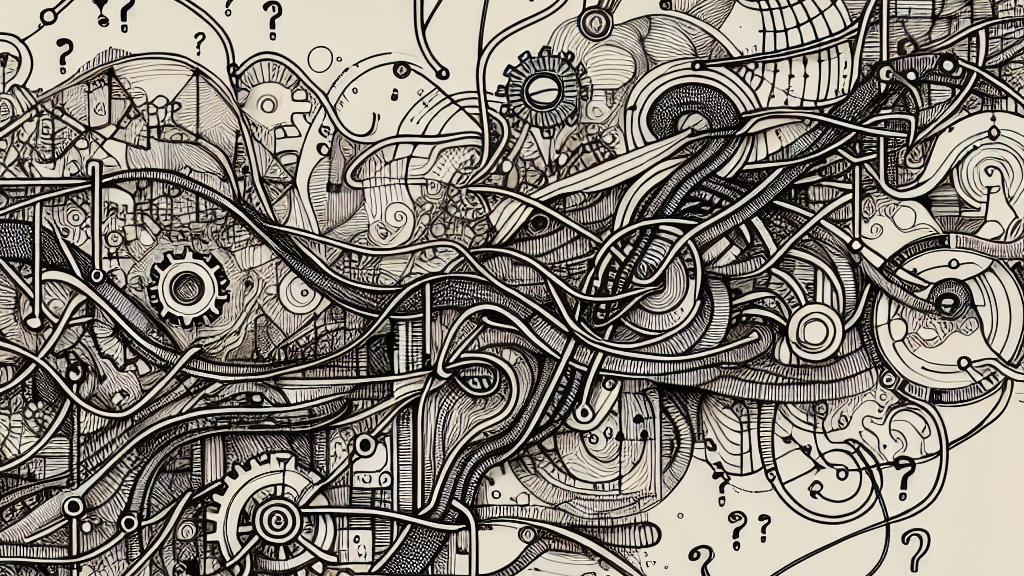Understanding Two Hop Questions and Transformers
Overview
- Transformers face significant challenges with two-hop questions.
- Capacity scaling plays a crucial role in learning efficiency.
- Employing a chain of thought boosts reasoning performance.

The Challenge of Two-Hop Questions
In the vibrant and rapidly advancing field of artificial intelligence, two-hop questions pose a particularly tough obstacle for many models, especially transformers. These questions require a nuanced understanding, as they necessitate linking two distinct pieces of information. For instance, take the question, 'Who is Bob's mother's boss?' Here, the AI must first identify Bob and then sift through knowledge about his mother's connections. Research consistently shows that transformers falter when faced with such inquiries, often leading to muddled responses that seem pulled from thin air. This dilemma not only exposes the inherent limitations of current AI technologies but also sparks curiosity and determination among researchers eager to remedy these faults.
Scaling Up for Better Learning
A critical insight into the performance of transformers in multi-hop reasoning lies in the powerful concept of capacity scaling. Smaller models often find themselves ensnared in a cycle of rote memorization, grasping facts in isolation—like piecing together a jigsaw puzzle without the picture on the box. On the other hand, larger models tend to exhibit remarkable prowess in addressing complex reasoning tasks. For example, studies have revealed that as model size increases, the ability to understand intricate relationships between facts also improves dramatically. This connection suggests that investing in larger architectures and extensive datasets is vital for transforming how AI interprets and engages with challenging inquiries requiring deep understanding.
The Power of Chain of Thought
One of the most exciting findings in this research domain is the stunning effectiveness of incorporating a 'chain of thought' framework. This methodology enables models to express their reasoning step-by-step, allowing them to think aloud as they navigate through their responses. Imagine a model methodically considering who Bob is, then smoothly transitioning to deduce who his mother’s boss might be. By breaking the reasoning process into digestible parts, AI systems can significantly enhance both their accuracy and understanding. Astonishingly, studies suggest that models employing a chain of thought can solve more than 80% of relevant challenges. Such evidence not only highlights the potential of structured reasoning but also underscores how we can revolutionize AI’s capabilities in addressing complex and multifaceted questions.

Loading...